When the subwoofer stops delivering heavy bass and starts sounding more like the dog in the header image, something is going wrong. To make sure you’re getting the sound you want we’ve put together an easy-to-follow guide that can help you determine the problem and how to fix it. Because good sound shouldn’t be hard. In many cases, but not all, it could mean the subwoofer is just broken and is caught in “hum loops”, but let’s get on with it.
1. What causes the humming?
The good news first: It is probably a hum loop and is not due to a defective subwoofer. Ground loops and other external factors are often easy to fix.
There are three possible causes for humming – and an important hint is how your subwoofer hums: Is the noise very quiet and doesn’t get louder even when the volume is turned up? Is it clearly audible and dependent on the volume? Or is it clearly audible, but independent of the volume? There is an explanation for each of these three types of interference.
- Only in the first case is it probably due to the subwoofer itself. You may hear the power supply because it doesn’t work as it should.
- In the second case, there might be a disturbance in the mains or an unfavourably located subwoofer cable or mains cable could be the source of hum. This is due to electromagnetic interference signals that affect the subwoofer and occur to a greater or lesser extent depending on the power or volume.
- In the third case, the problem is very likely a humming loop caused by resistors from the power outlet to the source device to the subwoofer, causing a loud hum at the end.
How do I find out what’s causing the hum?
When you subwoofer hums there are a few tests you can do. The first case, of an extremely low hum, not much can be done. However, you can always contact our customer service teamOpens in new tab and ask for a replacement.
You can try out whether the humming is amplified or minimized by changing the volume and tending to exclude one or the other point. The only way to know for sure, however, is to first pull the cinch cable out of the subwoofer input. If the subwoofer stops humming after this step, you can be sure that a humming loop is to blame.
If the humming sound is still present, the humming loop can be excluded and the problem is likely to be mains interference or inadequately shielded cables.
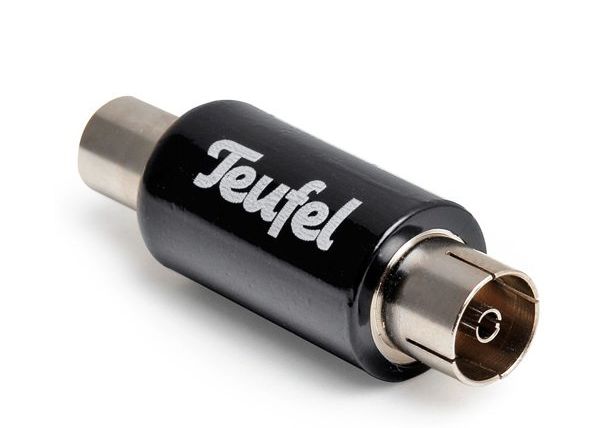
What action to take?
By the quiet humming, you can play over you can call our support team. However, if there is a technical problem then you need to follow these steps.
If the problem is due to the cable or power supply start by trying to plug the subwoofer in a different power socket. If this tricks works, then plug the subwoofer back to the previous plug socket, but this time remove all other devices from the socket. Sometimes certain devices or charging devices can cause a humming for the subwoofer. If the problem persists then contact our support team, it could be a problem with the house power supply.
It could be that the humming is coming from the loudspeakers. This can be a problem when the cables are cheap or not looked after, however, this is rarely the case. To test it reorganise the cables or use shorter cables. You could try a muteable wireless subwoofer which can be great solutions to integrate a subwoofer in your home.
This is how you can get rid of humming
If it is a hum loop, you should check whether the hum is caused by the connection between the subwoofer and the source device or by other devices that are additionally connected to the source device. Disconnect the antenna cable from the receiver (if it is a receiver as source device) and check if the subwoofer is still humming.
If it doesn’t, you can use an intermediate sheath current filter (also available in our shop) to eliminate the hum loop and the problem is solved. You can also find individual subwoofers there if you are looking for another device anyway. If it’s not on the antenna cable or if it’s another source device, you should disconnect all connected devices from the source device and watch which device interrupts the hum loop.
Between this device and the source device, you should install a galvanic filter (available in specialist stores), which in turn prevents the hum loop. If this doesn’t help either, you should contact the appropriate support.
 ▶ Mono subwoofer US 2106/1 SW: A little more moderate – also in price – is what this model is all about. Nevertheless, you’ll hear the difference when the two bass reflex tubes go to work. Very practical: the automatic on/off function.
▶ Mono subwoofer US 2106/1 SW: A little more moderate – also in price – is what this model is all about. Nevertheless, you’ll hear the difference when the two bass reflex tubes go to work. Very practical: the automatic on/off function.
Teufel’s top products
[product id=”32058,31017,30988″]
Conclusion: what to do when your subwoofer hums
- First of all, test exactly whether the humming in the subwoofer depends on the volume, and whether it is generally quiet or loud. This limits the causes.
- If it’s not the subwoofer itself, the search for traces begins: change sockets, change cables, disconnect other devices from the power supply. At some point, you will find the source of interference.
- Depending on the cause, it can help to replace a cable, to connect a sheath current or galvanic filter or to contact technical support.
Header image: Abhinav Rajagopal, flickr.com
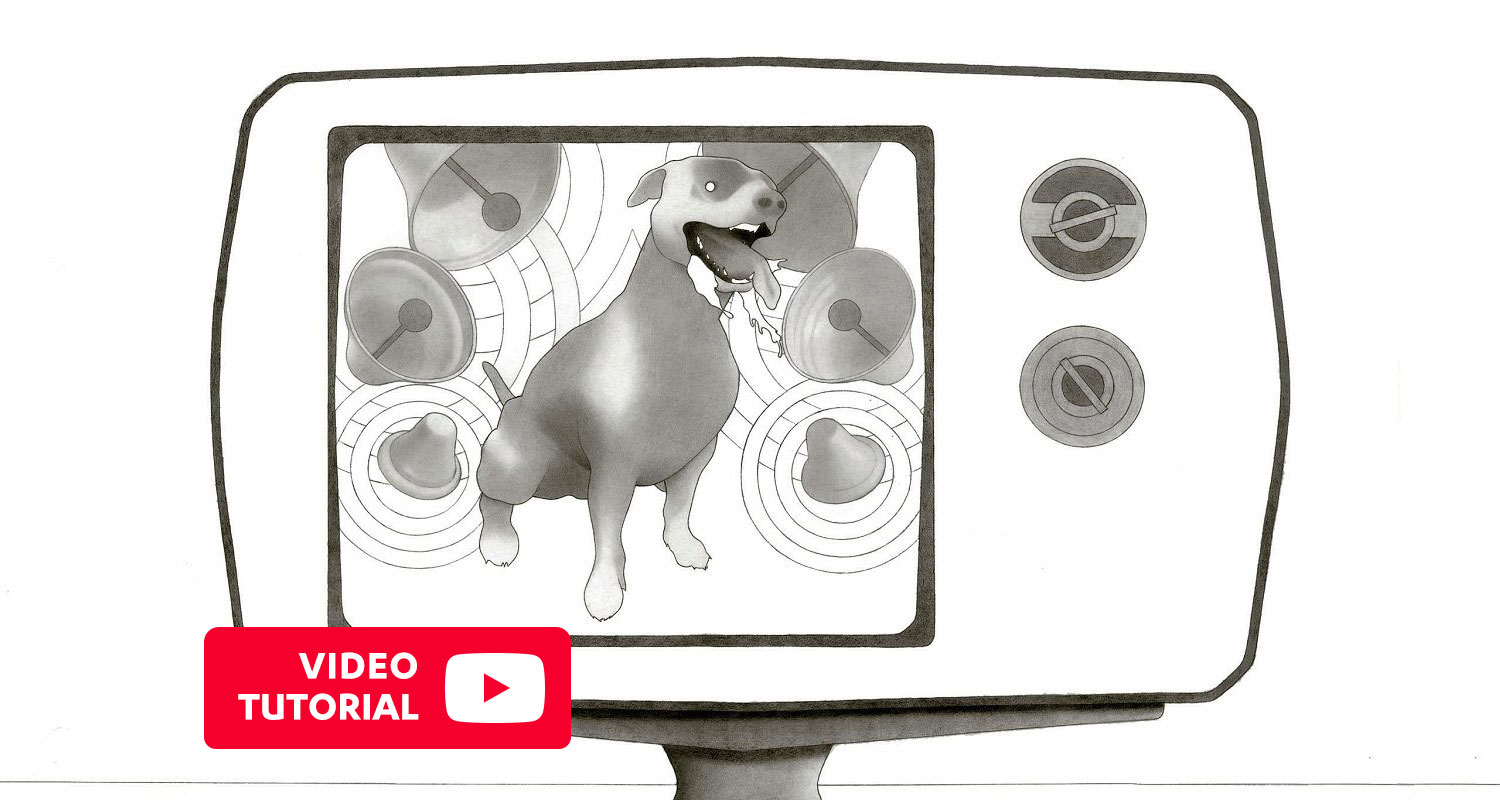
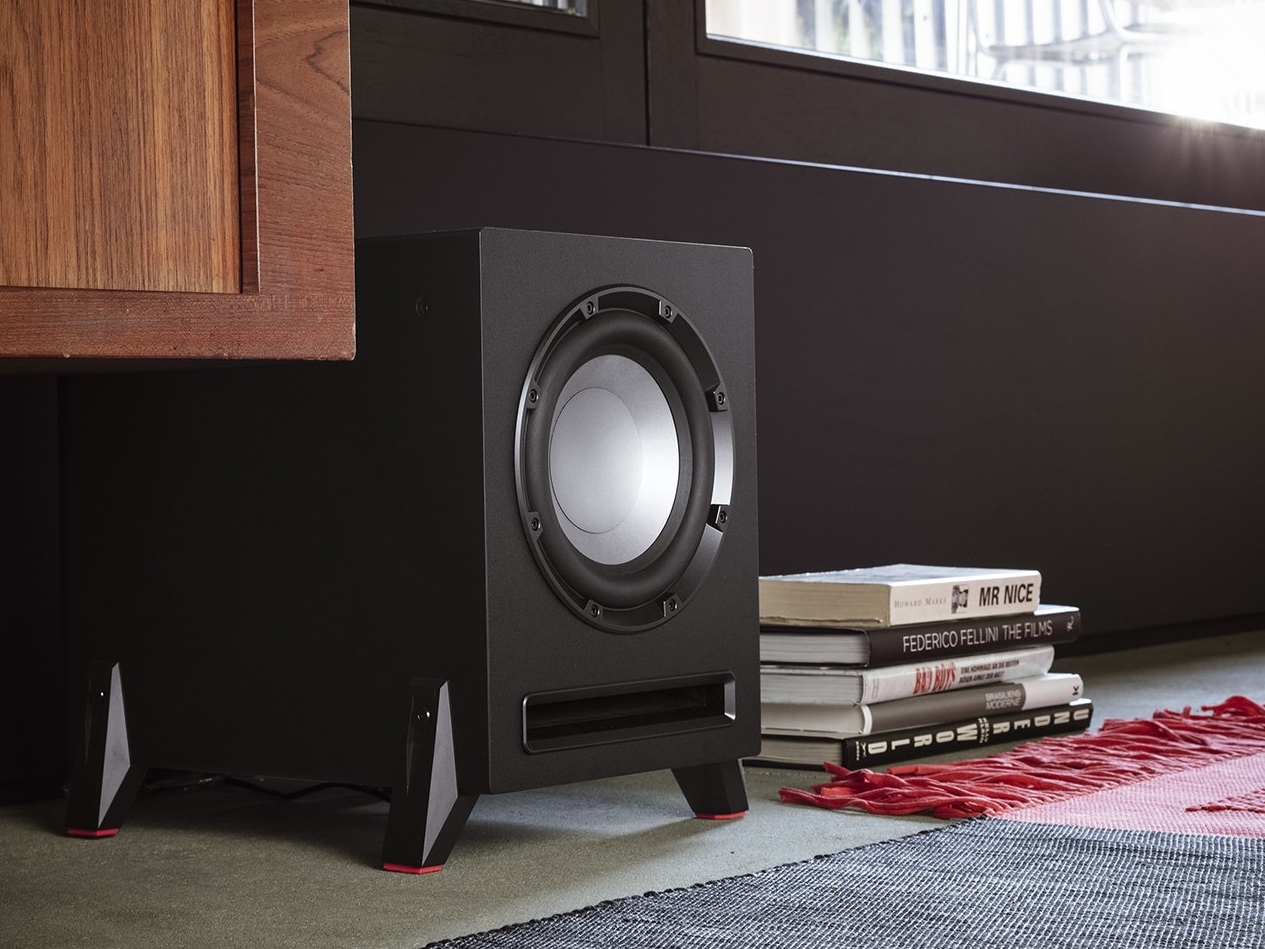
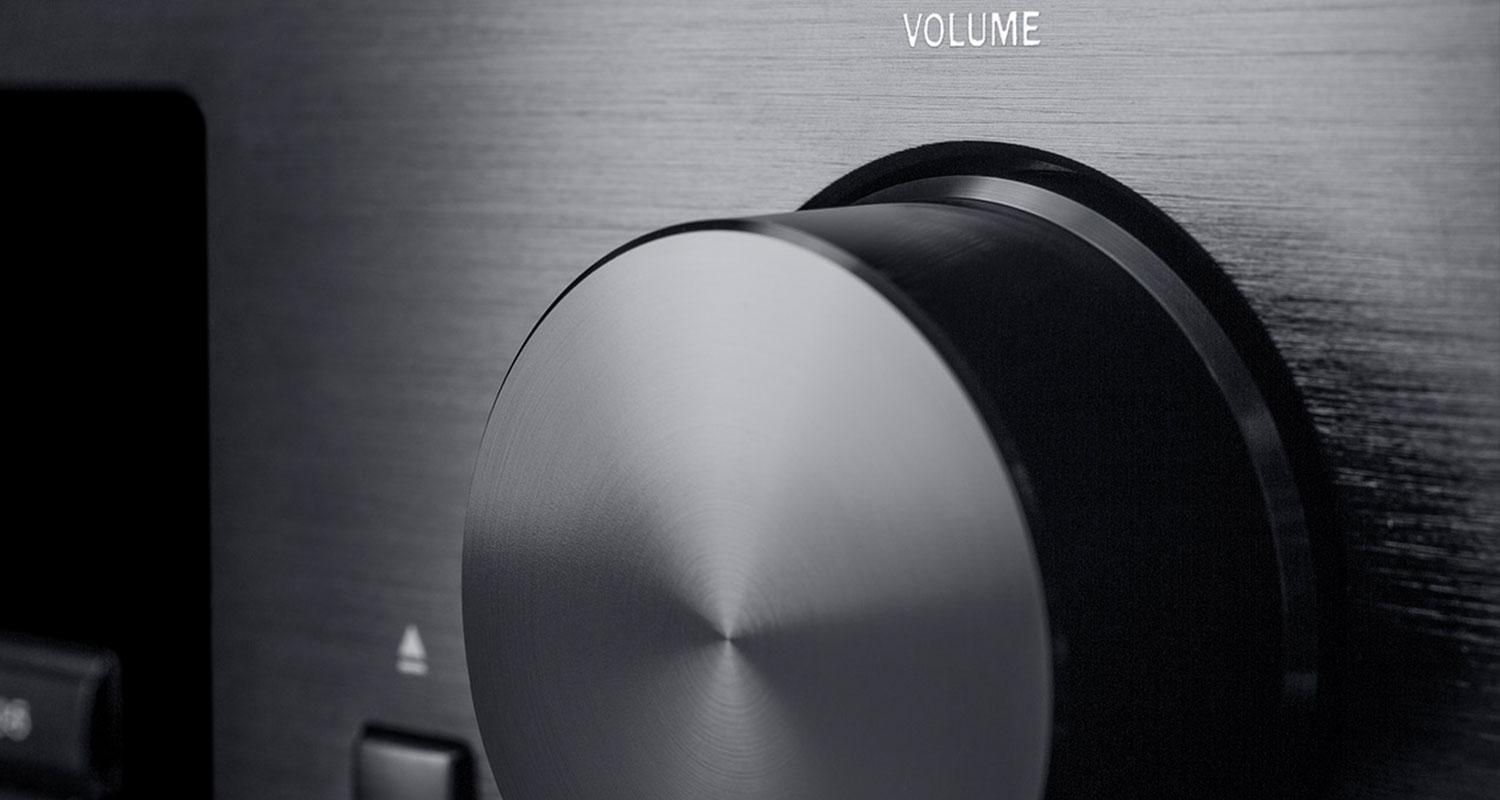

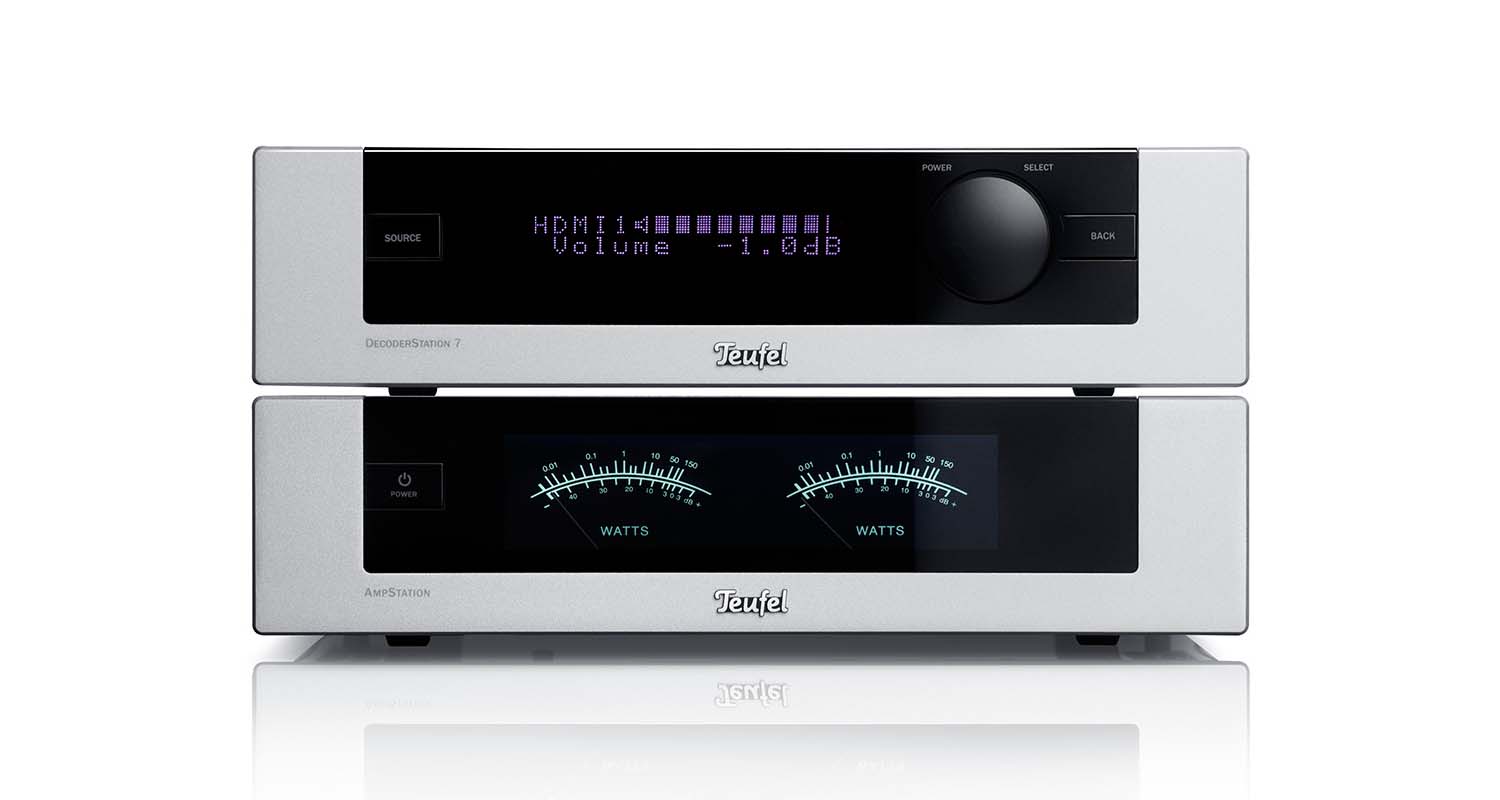
2 responses to “How to stop your subwoofer humming”
Thanks so very much for posting the sounds . Helped me with the process of elimination as I originally thought I had a ground loop. Of course wish I saw this BEFORE I needlessly bought a new power strip and rearranged all my cables .
hello, my powered sub has a low hum when I power it up by itself. when I turn the bass increase volume up it gets louder turn it down lower please help!